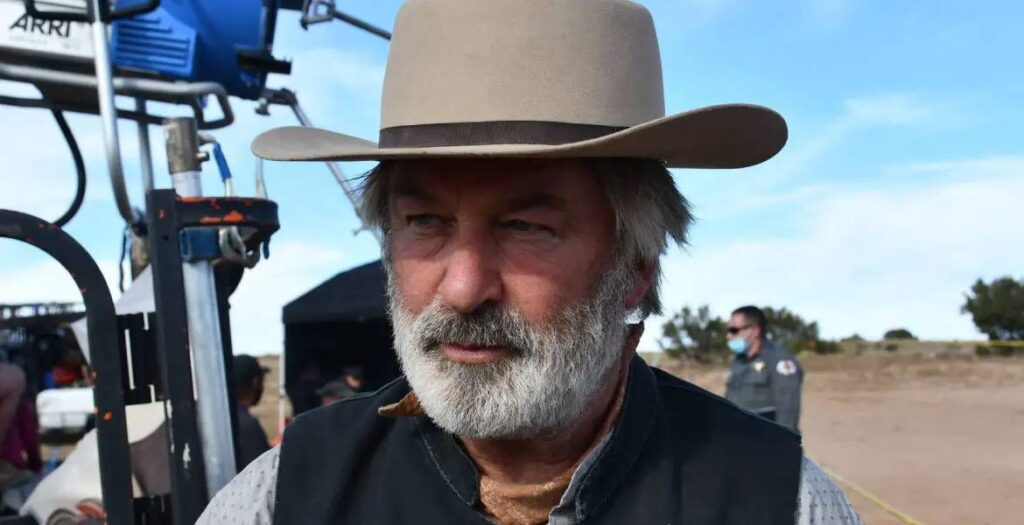Finally, there is an update on the Alec Baldwin “Rust” shooting case, in which the actor has partially prevailed in court and avoided serving a five-year prison term. Baldwin’s legal struggle with the Santa Fe District Attorney’s office over the shooting incident on the set of “Rust” in 2021, for which he is being charged with involuntary manslaughter, has been successful.
The actor is no longer charged with firearm enhancement, but with involuntary manslaughter. As a result, if convicted, he will no longer be subject to a mandatory five-year prison term.
After Baldwin’s attorneys contested the legality of the laws under which he was accused, the action was taken. On February 24, Baldwin and Hannah Gutierrez-Reed, a Rust armourer, are expected to participate electronically in the first hearing. Baldwin and his legal team, who have been defending the allegations in court since they were made, might consider this development a huge victory.
Following a thorough investigation by the Santa Fe County Sheriff’s office with assistance from the FBI, D.A. Carmack-Altwies charged Alec Baldwin and Rust armourer Hannah Gutierrez-Reed on January 31 with two charges of involuntary murder. On October 21, 2021, while the crew was filming at Bonanza Creek Ranch, cinematographer Halyna Hutchins tragically passed away. Joel Souza, who is the director of the film with the unfortunate title “Rust,” was also hurt during the production.
As a fourth-degree felony, the first offence of involuntary manslaughter in New Mexico has a reduced sentence of up to 18 months in prison and a $5,000 fine. Involuntary manslaughter in the commission of a legal act, the second charge, was similarly a fourth-degree felony carrying a maximum sentence of 18 months in prison and a maximum fine of $5,000. The second accusation, however, also included a firearm enhancement, making a conviction subject to a mandatory minimum sentence of five years in state prison.
Earlier this month, Baldwin and his attorneys at Quinn Emanuel Urquhart & Sullivan started arguing with the D.A. over the second charge and the recently enacted provision that produced the punishment. They successfully argued that Baldwin was not engaging in a legal activity at the time of the shooting, disproving the second charge. As a result, the judge dismissed the accusation and its obligatory minimum punishment.

